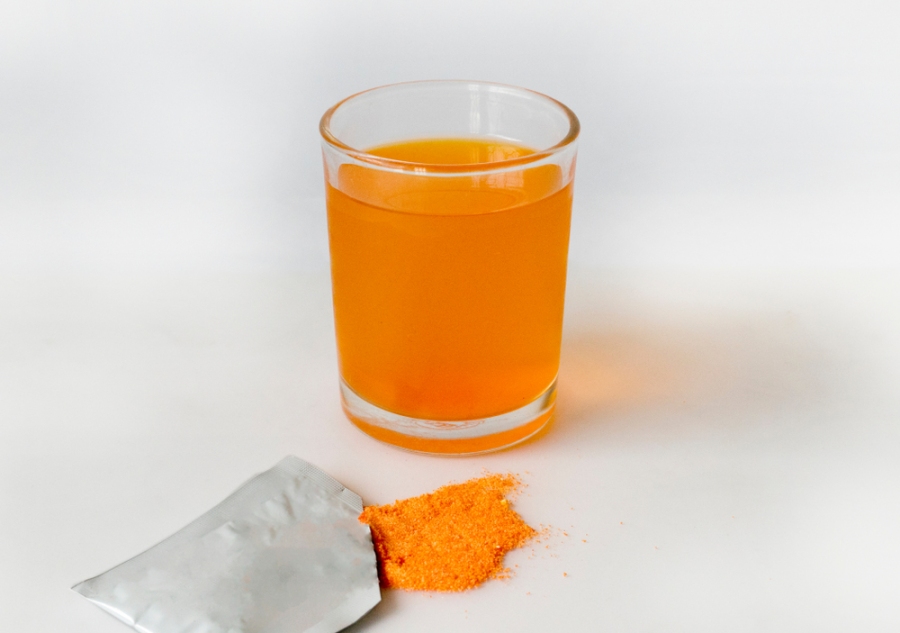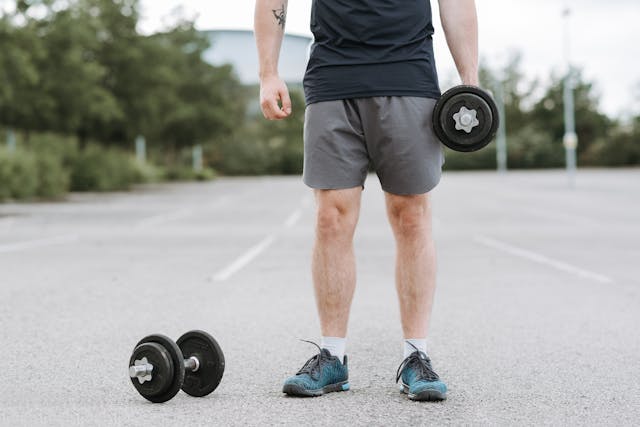15701Views 0Comments

Rehydration: More Than Water
When you’re exercising for a long period, doing hard physical work, suffering sickness or fever, or simply coping with a summer heatwave, you need to have a rehydration strategy. Your body is losing surprisingly large amounts of water through sweat, through urination and potentially through vomiting and diarrhea, and if you don’t know how to replace it effectively, you could find yourself severely dehydrated.
The symptoms of dehydration escalate beyond thirst very quickly. It can cause headaches and difficulty concentrating, ‘brain fog’, dizziness, mental confusion, and even unconsciousness. If you’re exercising a long way from civilisation – on a long bike ride, or a run or hike in the countryside, you could find yourself in real difficulty with no help around.
Step One: Access to Water
The first, and most important thing you can do is make sure you have access to water. This quells those first feelings of thirst and stops them escalating into severe dehydration. Make sure you have enough with you for your needs: if you’re a long distance walker or runner on a hot day, you’ll need more than a small water bottle from a supermarket. Invest in a flask or canteen with a higher capacity, one that fits into your rucksack or backpack.
If you’re sick, then make sure you have water reserves where you’re resting. If someone is looking after you, make sure they understand how important it is that you keep hydrated and can ensure you have water on hand. If you’re alone, when you have the energy fill a large jug or bottle to keep by your bed, so you don’t have to make multiple trips to fill a smaller glass, and you can sip as you need to.
Step Two: Electrolytes
When you sweat, when you urinate or vomit, you don’t just lose pure H2O. Your body keeps lots of useful chemicals dissolved in the water in your bloodstream. These are known as electrolytes – water soluble salts that your body needs for all sorts of key processes: maintaining fluid balance in your cells, transmitting nerve impulses and regulating muscle function.
You get electrolytes in your foods (or in dietary supplements), but intense exercise, physical labour, hot weather or sickness can leach them out of your body faster than your normal routine will replace them. That makes it important to make products like rehydration powders part of your rehydrations strategy. These dissolve quickly in water and top up all of your essential electrolytes to ensure you keep functioning at the top of your game!




